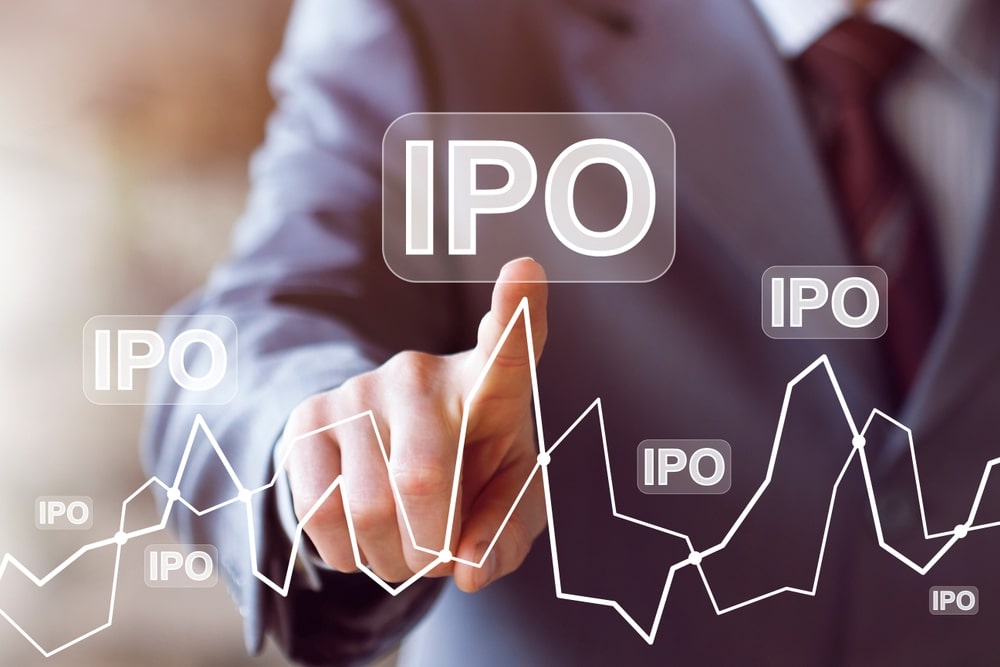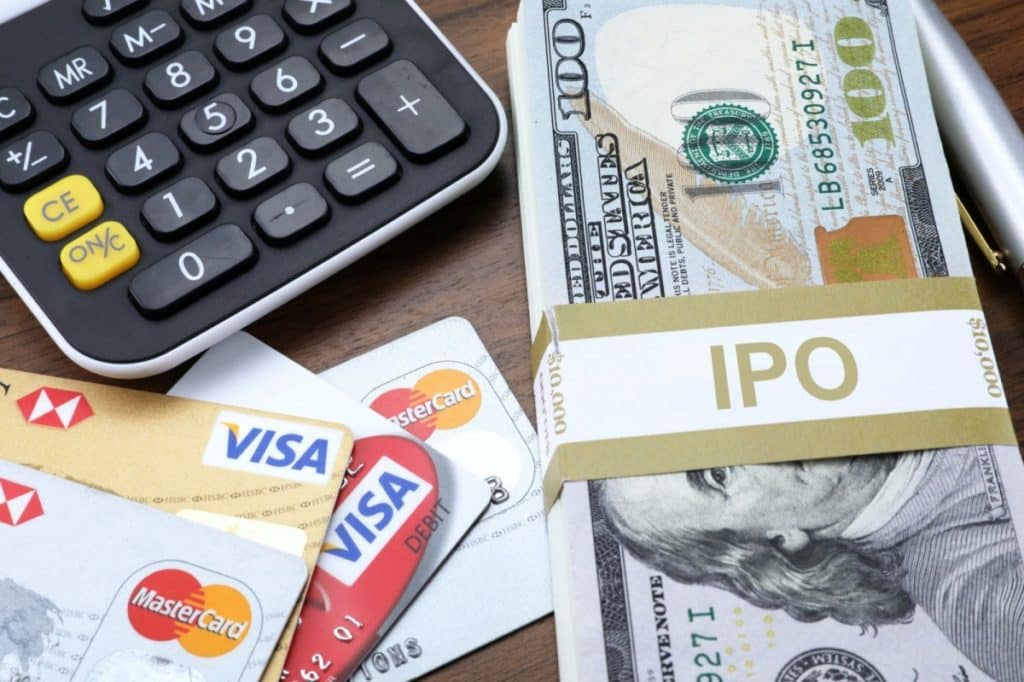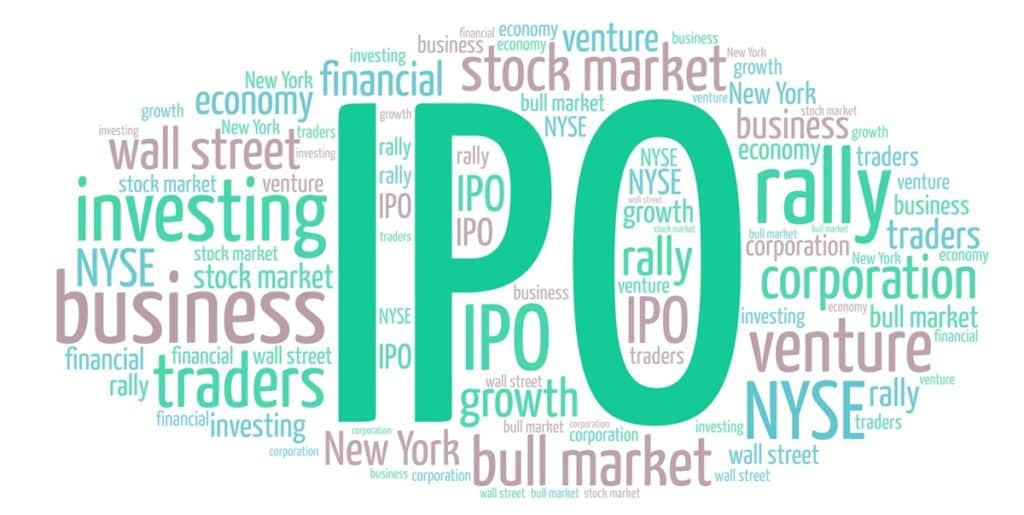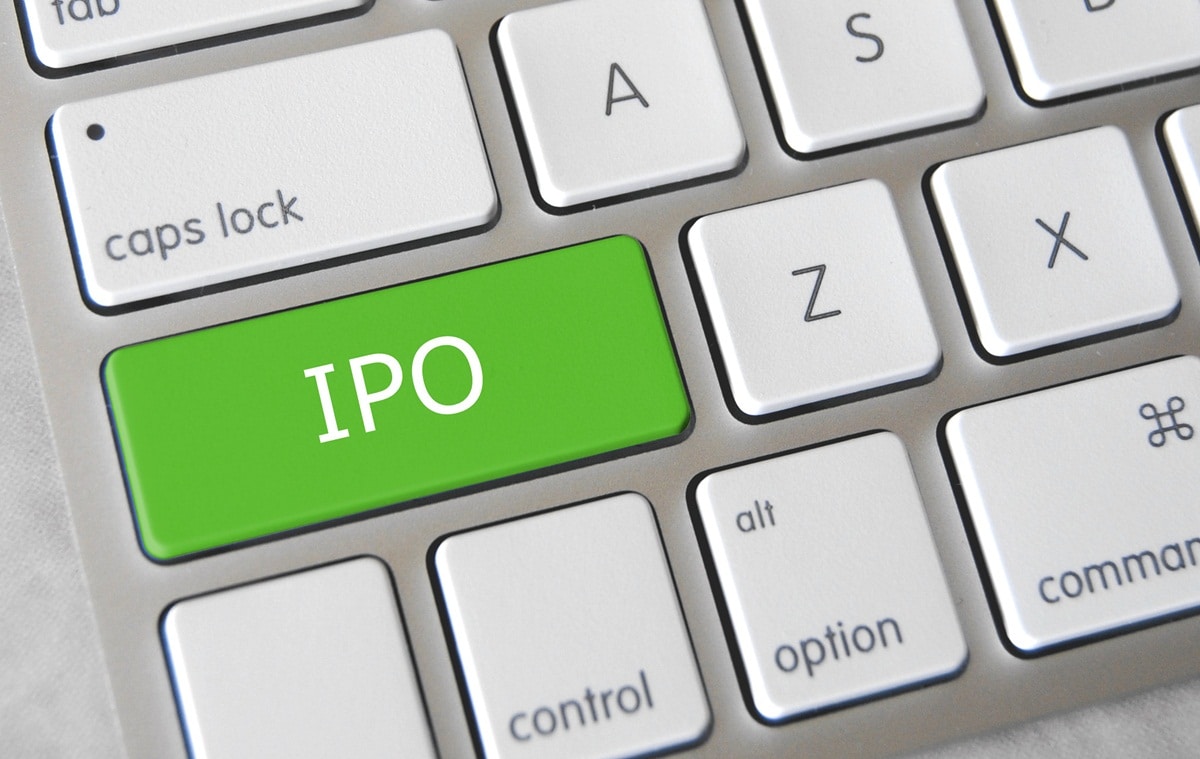The year 2002 was a challenging year for the global economy, marked by the aftermath of the dot-com bust and the September 11 terrorist attacks. Despite the difficult economic climate, a number of companies chose to go public and have their initial public offerings (IPOs) that year.
In this article, we will take a closer look at the top 10 companies that had their IPO in 2002, including their industries, IPO pricing, market capitalizations, and performance in the years since going public. We will also examine the factors that contributed to their success and resilience in a challenging economic environment.
By exploring these case studies, we can gain insights into the dynamics of the IPO market, the factors that drive investor interest and confidence, and the key traits of successful public companies.

1. LifeLock Inc. (LOCK)
LifeLock Inc., a provider of identity theft protection services, had its IPO on October 2, 2002. The IPO was priced at $9.50 per share and raised $80 million, giving the company a market capitalization of approximately $1.06 billion. LifeLock’s IPO was successful due to the growing demand for identity theft protection services in the wake of high-profile data breaches and cyber attacks.
2. Endo Pharmaceuticals Inc. (ENDP)
Endo Pharmaceuticals, a specialty pharmaceutical company, had its IPO on July 16, 2002. The IPO was priced at $16 per share and raised $71.5 million, giving the company a market capitalization of approximately $1.26 billion. Endo’s IPO was successful due to the company’s strong pipeline of drugs and its focus on developing treatments for pain management.
3. Cognos Inc. (COGN)
Cognos Inc., a software company specializing in business intelligence and performance management solutions, had its IPO on June 20, 2002. The IPO was priced at $23 per share and raised $230 million, giving the company a market capitalization of approximately $1.2 billion. Cognos’ IPO was successful due to the company’s strong reputation in the business intelligence software market and its ability to deliver innovative products to its customers.
4. BJ’s Wholesale Club Holdings Inc. (BJ)
BJ’s Wholesale Club Holdings, a warehouse club retailer, had its IPO on July 1, 2002. The IPO was priced at $17 per share and raised $400 million, giving the company a market capitalization of approximately $1.7 billion. BJ’s IPO was successful due to the company’s strong business model, which focused on providing bulk products at low prices to its customers.
5. Galileo International Inc. (GLC)
Galileo International, a provider of global distribution systems for the travel industry, had its IPO on October 3, 2002. The IPO was priced at $14 per share and raised $325 million, giving the company a market capitalization of approximately $1.3 billion. Galileo’s IPO was successful due to the company’s strong position in the travel industry and its ability to deliver innovative solutions to its customers.

6. Hot Topic Inc. (HOTT)
Hot Topic, a specialty retailer of music and pop culture merchandise, had its IPO on August 15, 2002. The IPO was priced at $17 per share and raised $75 million, giving the company a market capitalization of approximately $285 million. Hot Topic’s IPO was successful due to the company’s strong brand recognition and its ability to appeal to a young, alternative consumer demographic.
7. Integrated Device Technology Inc. (IDTI)
Integrated Device Technology, a semiconductor company specializing in communications and computing products, had its IPO on March 20, 2002. The IPO was priced at $12 per share and raised $137.5 million, giving the company a market capitalization of approximately $875 million. Integrated Device Technology’s IPO was successful due to the growing demand for communications and computing products, as well as the company’s reputation for delivering high-quality, innovative products.
8. Sirius Satellite Radio Inc. (SIRI)
Sirius Satellite Radio, a provider of satellite radio services, had its IPO on July 16, 2002. The IPO was priced at $12 per share and raised $1.2 billion, giving the company a market capitalization of approximately $7.6 billion. Sirius’s IPO was successful due to the growing demand for digital entertainment and the company’s ability to provide a unique, subscription-based radio service.
9. PayPal Holdings Inc. (PYPL)
PayPal Holdings, a digital payment platform, had its IPO on February 15, 2002. The IPO was priced at $13 per share and raised $61.5 million, giving the company a market capitalization of approximately $1.2 billion. PayPal’s IPO was successful due to the company’s innovative business model, which allowed users to make online payments and transfers without sharing their financial information.
10. Netflix Inc. (NFLX)
Netflix, a provider of online streaming and DVD rental services, had its IPO on May 23, 2002. The IPO was priced at $15 per share and raised $82.5 million, giving the company a market capitalization of approximately $302 million. Netflix’s IPO was successful due to the company’s disruptive business model, which allowed users to rent DVDs by mail and stream movies and TV shows online.

Companies that had their IPO in 2002: Conclusion
These 10 companies represent a diverse range of industries, from pharmaceuticals and technology to retail and entertainment. Despite the challenges of the post-dot-com era and the aftermath of the September 11 attacks, these companies were able to successfully go public and raise significant amounts of capital from investors.
Many of these companies have gone on to become major players in their respective industries, and their success has been driven by a combination of factors, including strong leadership, innovative products and services, and a deep understanding of customer needs and preferences.
In conclusion, the IPO market can be a challenging and volatile environment, but the success of these 10 companies demonstrates that with the right combination of factors, it is possible to achieve significant growth and create value for investors.
By studying these case studies and understanding the factors that contributed to their success, aspiring entrepreneurs and investors can gain valuable insights into the dynamics of the IPO market and the traits of successful public companies.
